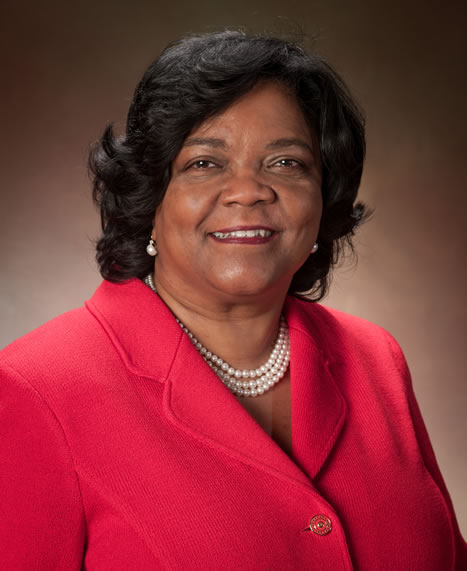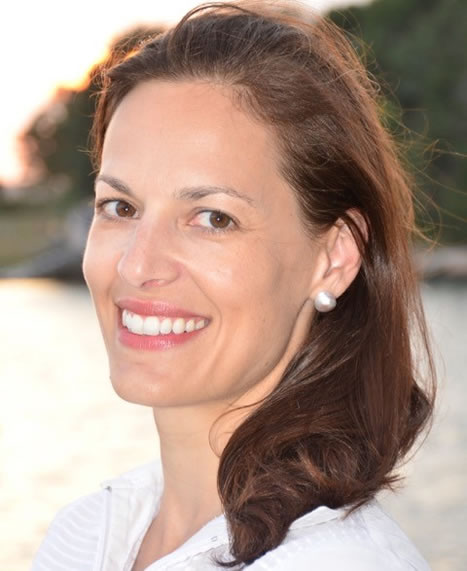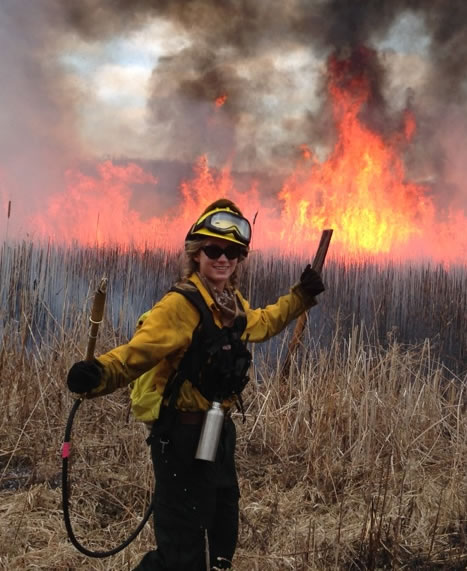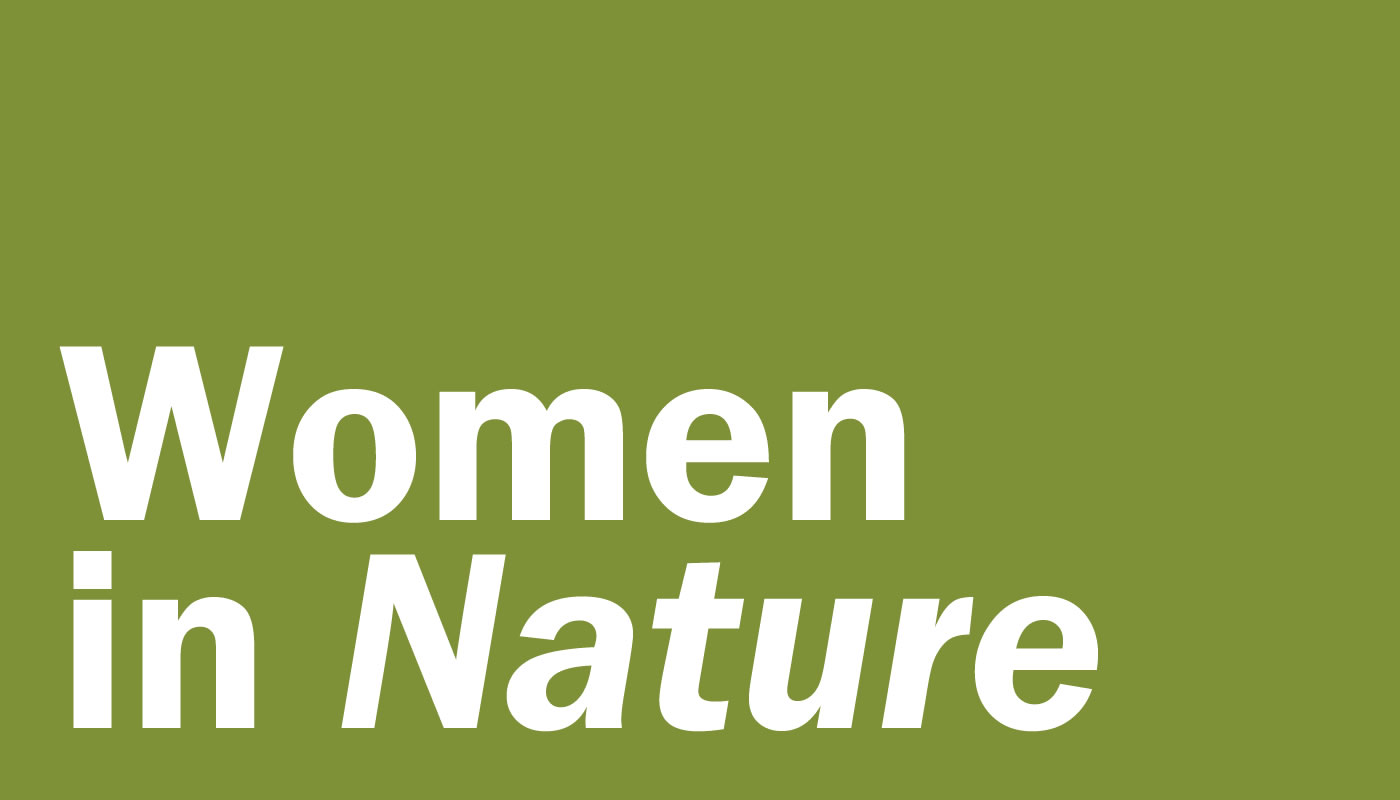In honor of Women’s History Month, we had three conversations with women who are advocates for nature and connected to the Forest Preserves to learn more about their inspiration, path and what advice they’d give to others.

Dr. Sylvia Jenkins (SJ) has served as the president of Moraine Valley Community College (MVCC) in Palos Hills since 2012. She is a member of the Forest Preserves’ Conservation & Policy Council, which helps guide implementation of the Next Century Conservation Plan. Under her leadership, MVCC has partnered with the Forest Preserves to host numerous events and connect students and staff to nature.

Dr. Brooke Hecht (BH) has served as the president of the Center for Humans and Nature since 2008. The Centers for Humans and Nature explores and promotes human responsibilities in relation to nature, and has supported the Forest Preserves’ Next Century Conservation Plan.

Kristin Pink (KP) has been a resource ecologist for the Forest Preserves since 2010. She oversees restoration work in the Palos Preserves, identified in the Natural and Cultural Resources Master Plan as the number one priority site for restoration. Her goal is to see all 15,000 acres of the Palos Preserves restored to good ecological health.
Is there a woman in your life that has been particularly inspiring?
BH: I had two great women mentors in school. Both my undergraduate thesis advisor at Dartmouth and my PhD thesis advisor [in ecosystem ecology from Yale University’s School of Forestry and Environmental Studies] were women. Looking back now, I realize how extraordinarily unusual that was, and how lucky I was to have these two women leaders nurture my growth.
SJ: My mother was a schoolteacher. She started teaching in a one-room schoolhouse with very few resources. While in college, at a time when Louisiana was still very much segregated, all my faculty members were African American females who were very strong and educated women. I saw women who looked like me who were in positions of authority, helping educate others.
KP: My biggest inspiration and teacher is Forest Preserves wildlife biologist Laura Rericha-Anchor. She has devoted her life to understanding our natural areas and the organisms living in them. I’ve learned a tremendous amount from her.
Kristin, what does it mean to you that your mentor is a woman?
KP: The conservation field typically has been male dominated. The people that rise to leadership roles or become icons of conservation in the Chicago area have typically been male. To have a woman mentor who exceeds in the conservation field is extremely inspiring and very encouraging.
What was at the start of having nature be so central in your career?
BH: My mother and I gardened together a lot and one of our annual projects was to plant 1,000 daffodils in our yard [each fall]. Sometimes we would be surprised by an early frost, and we would be out at night with flashlights and bulb planters trying to get to our goal. We’d also go fishing and hiking after school, and that was important to me. I have two gardens now that continue the practice I began with my mother.
KP: Growing up, I played in Spears Woods Forest Preserve and was always fascinated by nature. It’s a dream come true to help restore the woods that I cherished as a child. Sometimes I see kids in my old neighborhood out enjoying the woods, and I feel comforted knowing the woods are going to be in good hands. These kids are going to be the next generation to care for the Forest Preserves.
Dr. Jenkins, Moraine Valley Community College provides students experiential learning in nature. In what ways do you think nature and education are interconnected?
SJ: College faculty members can use nature in many ways. For example, think of poetry and all the poems written about nature. Students can read and relate to those poems. For students interested in science, there are so many discussions happening now about climate change. With nature, students can see the outcome of what they’ve learned about very easily.
Why is it important to introduce young adults to nature?
SJ: When people are educated about where they live and why it’s important to protect and take care of what we have, all of us and the environment are healthier. It’s critical young people learn this. We can’t take our home for granted. This is the world we have; we must learn to protect it, live in it and love it.
Tell me about an inspiring experience in nature.
KP: About five years ago, I was burning with a female colleague at Little Red Schoolhouse on a prescribed burn. As we were lighting the prairie, dressed in our full burn outfits of special shirts, pants, helmets and gloves, a mother and her daughters were walking the trail. The mother locked eyes with us, and then she turned to her daughters and said, “See girls, you can be anything you want to be.”
BH: Going on solo journeys in places previously unknown to me has been pivotal to my growth. One experience was in Iceland while doing my PhD field work. I picked up a car and drove 20 hours around the “ring road” by myself. I turned off the radio, didn’t have a phone, and just allowed myself to really be there. An important piece of advice I received from PhD committee members was to find my sites and spend as much time as I could there…to look, feel, listen and observe. It was important to have experiences where I could sink into an ecosystem or landscape and let that landscape do its work on me…that’s magical and important.
What advice would you give others interested in following a career in nature, or any career?
SJ: Nothing happens overnight. Every job you have, do the best you can at that job. Don’t let other people put you in a box. Prepare yourself, and when opportunities come up, take advantage of those opportunities. There will always be people who will put roadblocks in your way, but don’t let that deter you; always keep moving forward.
BH: While in first grade, my older daughter was discouraged about her reading ability compared with other children. I asked, “Why do you go to school? Do you go to be the ‘best’ at reading?” She answered, “Yes!?!” I told her, “What if the reason you go to school is not to be the ‘best,’ but to discover your gifts and give those gifts to the world.” She was excited about this idea; she knew immediately what her gifts were. She felt the power of knowing her gifts—and knowing she had the capacity to give them. Sink into your heart to find your gifts, and then give those gifts to the world.
Responses have been edited for clarity and length.

